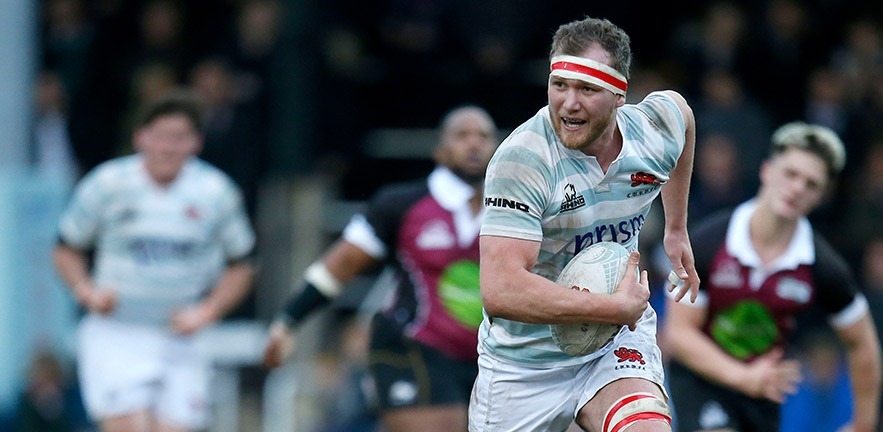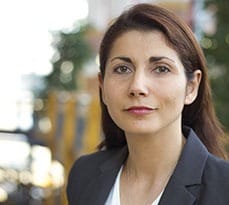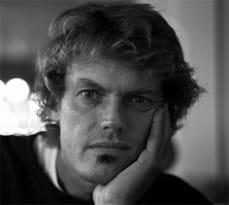Cambridge Judge Business School academics share their thoughts in advance of the big Varsity rugby matches between Cambridge and Oxford at Twickenham.

Business and sport have much in common. They can both be fiercely competitive, yet teamwork is essential. And while both have huge moments (a blockbuster merger, a dramatic goal), long-term success often reflects patience and resilience.
It’s not by chance that sporting expressions like “slam dunk” and “keep your eye on the ball” are heard in company boardrooms, as about half the CEOs of Britain’s 500 largest companies have, at some point, won awards for athletic prowess.
Yet there are also key differences between the sporting and business worlds that also should be kept in mind in seeking to transfer lessons from the pitch to the bottom line.

Two academics from Cambridge Judge Business School, University of Cambridge, will discuss some of these similarities and divergences at The Varsity Match between Cambridge and Oxford rugby squads at Twickenham Stadium on Thursday 6 December. The sessions, to be held between the women’s and men’s rugby matches, also include leading sporting figures who have forged successful professional careers off the field.

Academics from Cambridge Judge here share five lessons about the interaction of sport and business:
1. The ability to bounce back stronger from setbacks is crucial.
Dr Philip Stiles says, resilience is a huge topic in the area of leadership, and of course resilience is also essential to sporting success. Leadership is about three things: it’s about rethinking, it’s about relationships and it’s about providing meaning. In all three of those areas resilience is important, as leaders go on a journey which inevitably involves ups and downs. The same applies in sport, where very few teams go undefeated and the very best teams quickly recover from defeats and learn from them.
2. There are techniques to emerge stronger from dramatic change.

3. Competition and collaboration must often co-exist.
Mark de Rond, Professor of Organisational Ethnography at Cambridge Judge, has extensively studied elite teams including the University of Cambridge rowing team. He
If you lose

4. Sport brings a new perspective from diverse teammates.
Professor Christoph Loch, Director of Cambridge Judge, who has played and coached amateur football in four countries, says, it can be really beneficial to see the world through the eyes of your teammates, particularly when they come from different backgrounds and jobs. There’s a way of thinking that comes with every occupation – be it academia or banking – so it’s really important to interact with people who think differently and can bring a new perspective.
5. Business doesn’t always have such clear-cut objectives as sport.
Professor Mark de Rond

